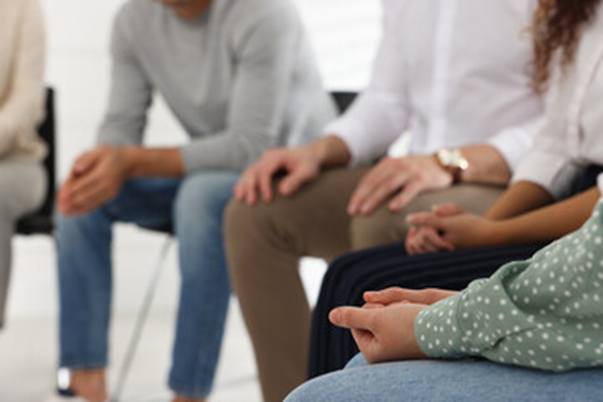Thomas Cothren Maryland

As a professional who works in substance abuse and mental health with experience serving within Maryland, Thomas Cothren mentions that it is important to recognize the challenges that the state has had with substance abuse and overdose related deaths over the years. While a bleak subject, understanding the problem and the many ways that we can offer more support to our loved ones and fellow community members facing these challenges can be incredibly helpful for improving the outlook over time.
Thomas Cothren recognizes that addressing substance abuse and its impact requires attacking the issue from multiple perspectives and providing effective solutions based on research, insights, and a continued commitment to assistance.
Here, Thomas Cothren explores substance use in Maryland through examining its impact, strategies for preventing unintentional death, helping our loved ones and fellow community members on a personal level, and a few of the options available to those struggling with substance use in the state of Maryland.
The Impact of Addiction in Maryland
Experts have found that the number of unintentional alcohol and drug related deaths due to intoxication have steadily increased over the years with figures showing that there were 815 in 2007 and 2,406 in 2018. 2019 saw the first annual decline in substance related, fatal overdoses in Maryland since the start of the opioid crisis, however, the trend of decline unfortunately reversed in 2020.
In 2020, there were 2,773 overdose deaths- 44.6 people per 100,000 people. It has been found that, in Maryland, around 90% of drug overdose deaths involved opioids which points to the continued problem that our communities have faced regarding these substances.
Thomas Cothren and others who have experience find that the COVID-19 pandemic and its impact has likely contributed to fatal overdoses across the country, however, at this time it is difficult to assess the full extent or scope of the issue. What is known is that challenges with the pandemic, especially at its early stages, involving economic hardship and isolation have hit vulnerable members of our communities particularly hard and have had a sustained impact on substance abuse related deaths.

Preventing Opioid and Substance Overdose Deaths in Maryland
Thomas Cothren of Maryland has found that there is no one solution to addressing overdoses, which stresses the need for a multipronged approach. SAMHSA upholds that there is a list of strategies that can be leveraged by communities to reduce the risks of overdose related deaths. This includes encouraging providers, those who are at risk, family members, and others to learn more about preventing and managing opioid overdose, ensuring quality access to treatment for those struggling with substance use, having ready access to naloxone, encouraging those who witness overdoses in public to call 911, and encouraging prescribers to use state prescription drug monitoring programs.
The CDC similarly includes a list of strategies meant to communicate the public the many ways that we can work to prevent overdose deaths. These involve the CDC’s six guiding principles; promoting health equity, addressing underlying factors in substance use, partnering broadly, taking evidence based action, advancing science within the field, and driving innovation. The CDC also speaks to five strategic priorities, monitoring, analyzing, and communicating trends, building state, tribal, local and territorial capacity, supporting providers, health systems, payors, and employers, partnering with public safety and community organizations, and raising public awareness while working to reduce stigma.
Helping Someone Struggling with Addiction
On a personal level, it can be difficult for loved ones of those struggling with substance use to identify the best ways to help, but Thomas Cothren of Maryland speaks to how there are a variety of ways to effectively assist. For example, one of the most important things that you can do is educate yourself on addiction. A clear benefit of learning more about addiction is that it empowers you to empathize more with those who are struggling and better realize how to offer support without enabling.
Thomas Cothren also mentions that there are other methods to improve support networks as well such as vocalizing your support, encouraging them to seek help, offering continued support in the recovery process, educate yourself on enabling and avoid such behaviors, taking care of yourself, and even seeking counseling and mental health assistance for yourself as well.
Substance use can be incredibly stressful both for the user and their loved ones as there are many emotional highs and lows on the path to recovery. For this reason, one of the most important things to remember is to remember to be kind and patient with yourself and your loved one on their journey.
In Search of Substance Use Recovery Support in Maryland?
If you are struggling with substance, use and are searching for recovery support there are a variety of resources that can be explored to assist you on your path. For some, it can be helpful to call a hotline to speak with a professional who can empathize with your challenges and direct you to centers in your area that are ready to help. SAMHSA National Hotline is one such example and can be reached at 1-800-662-4357.
Those who are in Maryland can also simply dial 211 to access a network of free and confidential treatment and can reach Maryland Addiction Hotline at 866-210-1303. Maryland residents may also consider texting “MDMINDHEAKTH” to 898211 if text is preferred.